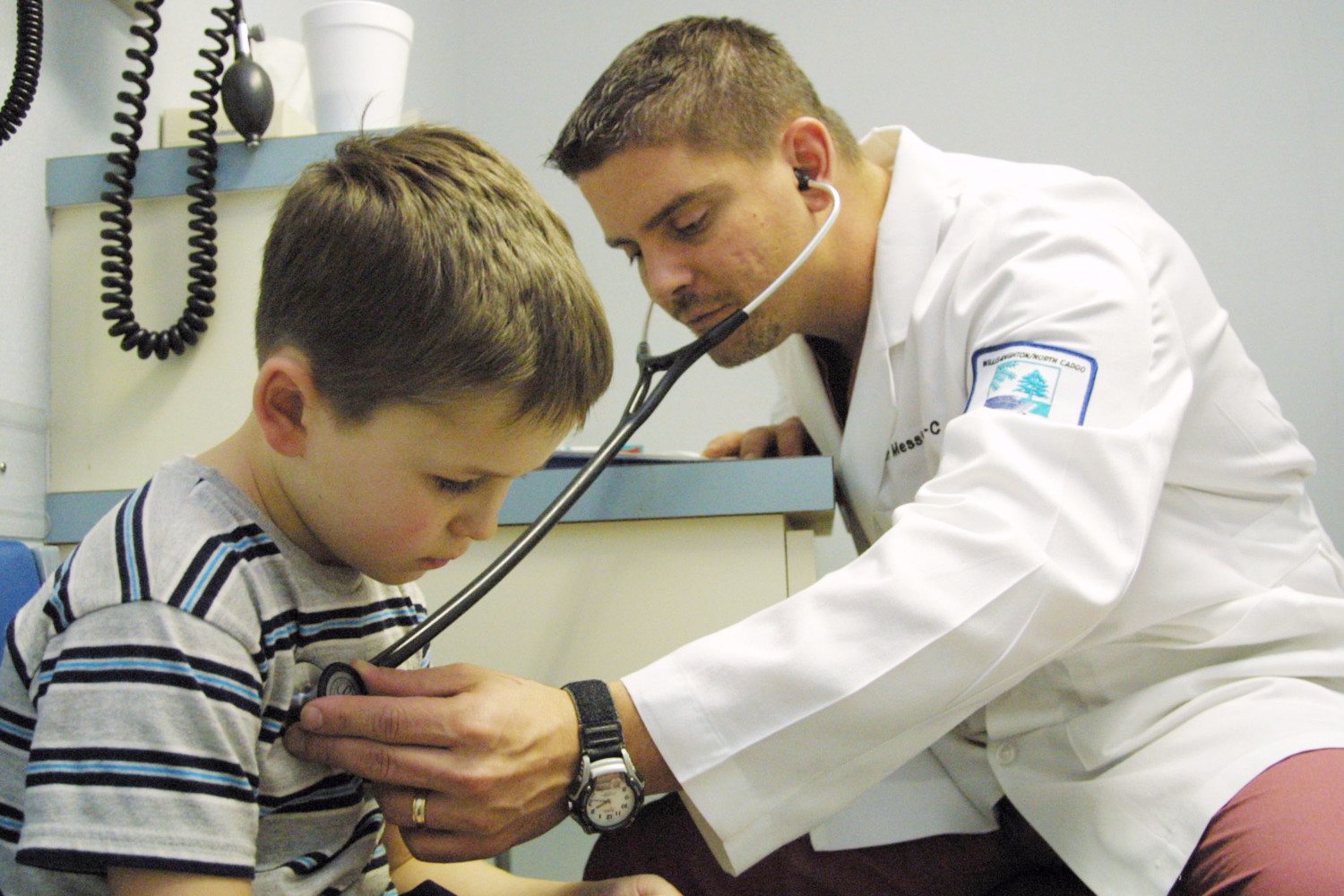Tummy Ache or Appendicitis? Don’t Ignore These 7 Symptoms Of Appendicitis In Kids
- March 7, 2017 |Last updated on 04/19/2022
How can parents tell the difference between a kid’s tummy ache and possible appendicitis? The symptoms can be similar, so it’s not always easy.
However, there are a number of symptoms to be on the watch for that can indicate appendicitis, a life-threatening illness if left untreated.
What Is Appendicitis?
Appendicitis is the infection and inflammation of the body’s appendix. The appendix is an “extension of the colon” and serves no medical purpose in our bodies. When the appendix gets blocked, bacteria builds up and causes an infection.
About 25% of children who are brought to the hospital with appendicitis already have a ruptured appendix.
That’s why it’s important to recognize these early symptoms of appendicitis and get medical treatment as soon as possible.
1. Abdominal Pain
Not all tummy aches are the same. Just because a child complains of stomach pain, it doesn’t mean he or she should be rushed to the emergency room.
In children, pain from appendicitis can even be different than what adults experience. For babies and young children, the discomfort may not be localized to the right side of the abdomen. Instead, children can complain that the pain comes from the middle portion of the tummy area, near the belly button.
Doctors sometimes have a hard time figuring out where the pain is coming from because kids can’t describe it accurately. To confirm a diagnosis, doctors usually order an ultrasound to check for inflammation of the appendix.
RELATED: 5 Bizarre Facts Of Life For People With Raynaud’s Disease
2. “Rebound Tenderness” On Abdomen
In addition to abdominal pain, doctors will check children for “rebound tenderness.” This is where the doctor presses on the child’s abdomen and the pain is most severe upon release. Rebound tenderness shows there could be swelling in the membrane lining of the abdomen and is a symptom of appendicitis.
3. Swelling In The Abdomen
If there is an infection in the appendix, the abdomen area can begin to swell. If you notice this in combination with other symptoms listed, call the doctor or bring your child to the emergency room.
4. Low-Grade Fever
Again, a fever doesn’t automatically mean your child has appendicitis. Many children get a low-grade fever—about 100-101 degrees–that won’t go down with typical fever-reducing medication. A fever is a symptom that the body is fighting an infection.
If the appendix is severely infected or about to rupture, a child could spike a fever of more than 102 degrees. Any time a child has a high fever, call the doctor to see what steps to take next. Avoid giving the child any fever reducer during a high fever until after consulting a doctor.
5. Loss Of Appetite
If your child is not eating normally, keep an eye on him or her to see if it’s a temporary thing. It may be nothing, but extended periods of not eating could mean something more serious.
6. Nausea And Vomiting
In combination with abdominal pain, your child may start to vomit. If the vomit is green or has blood in it, get your child to an emergency room quickly. This is a sign there could be twisting in the intestines.
7. Bathroom Problems
Symptoms include painful urination, constipation, diarrhea and difficulty passing gas.
RELATED: Well, It Turns You Might Need Your Appendix After All
Always Consult Your Pediatrician
Even doctors have a hard time diagnosing appendicitis. So, do not try to do it on your own. Call your pediatrician or family doctor if you suspect appendicitis. Your doctors will either make an appointment to see you and your child, or he or she will want you to go to the hospital for more tests.














